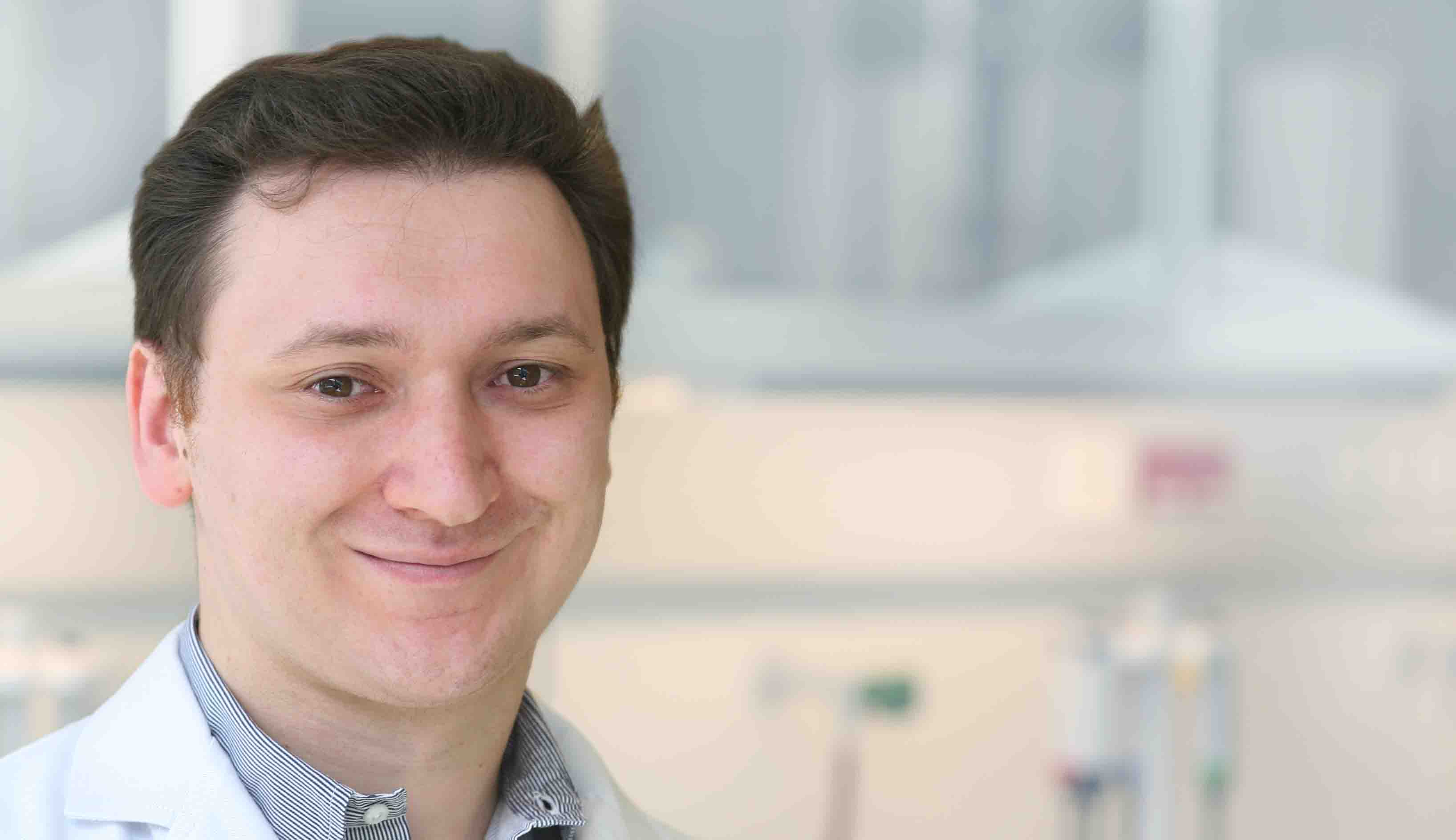Biological and immunosuppressive agents are increasingly used to treat patients after transplantation or with systemic auto-immune diseases but are associated with an increased risk of infections caused by bacteria, fungi and viruses. Although the remarkable efficacy of biological therapy has resulted in significant success in disease management, susceptibility to infections remains a concern. Biological response modifiers affect the immune system function but the exact mode of the underlying pathomechanism is unknown as is the extent of its influence on immunity. Common biological agents include interferons, monoclonal antibodies, interleukins, growth factors, and tumor vaccines. These drugs are being used to treat diseases such as rheumatoid arthritis, inflammatory bowel disease, psoriasis, vasculitis or asthma as well as malignant diseases such as B-cell lymphoma.
The project intends to delineate mechanisms of microbial pathogenesis under immunosuppressants. We aim to understand whether and how biological agents influence the human microbiome and how such immune-modulating drugs interfere with the immune system and host-pathogen interaction. In vivo and various in vitro cellular models will be applied; we will use Candida and Aspergillus species as model organisms, as well as intracellular and extracellular bacterial species (Salmonella, E.coli, S.pneumoniae). Finally, the project will come to full circle and use human cells to verify the physiological relevance of in vitro (and mouse) data and thus enable clinic validation.
We will investigate the innate and adaptive immune response in human and murine primary cells (macrophages, neutrophils, NK cells, T cells) isolated from bone marrow (mice) and blood (human). This will be accomplished by analyzing cell cycle progression, cytokine response, phagocytic containment and killing efficiency.







